Services Offered by Taiga
We support a wide range of materials, from standard plastics to super engineering plastics. Using advanced molding technologies, we are capable of mass-producing various products, from large components to precision parts, with high accuracy.
No information entry required!
Download >Please feel free to contact us for production consultation!
Contact >
Injection molding is a manufacturing process where materials, such as plastic, are melted and injected into a mold, then cooled and solidified to create products in the desired shape. It excels in mass production and offers the advantage of producing complex shapes with high dimensional accuracy. This process is a critical technology used in the manufacturing of various products we encounter daily, including plastic parts, toys, household appliances, medical devices, and aerospace components.
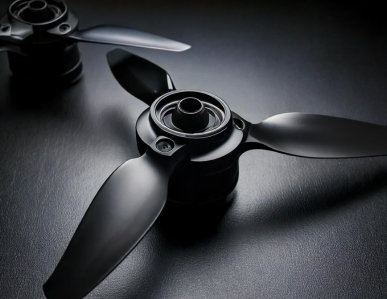


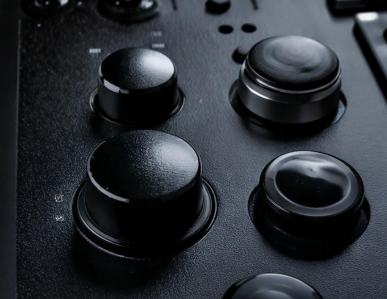

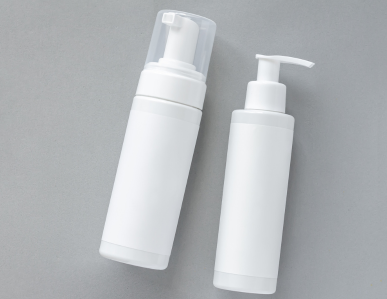
No information entry required!
Download >Please feel free to contact us for production consultation!
Contact >Due to the short cycle time, large quantities of products can be manufactured in a short period.
With the right mold design, it is possible to produce products with highly complex shapes.
Various types of materials can be used, including thermoplastic resins, metals, and rubber.
The surface has a smooth and aesthetically pleasing finish, reducing the need for post-processing.
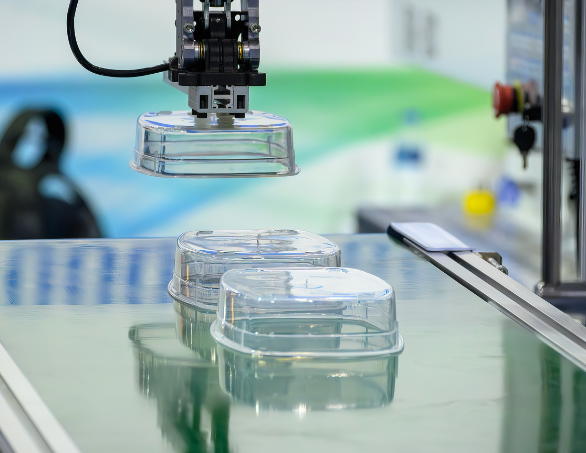
First, determine what product or part you want to create and create the design blueprint. Drawings can be created and edited on Taiga. You can use the pen, highlight, typing, and chat functions to collaboratively edit 2D drawings in real time, making corrections or clarifications as needed.
Materials are loaded into the hopper. A wide range of materials, including thermoplastic resins such as ABS, polyethylene, and polypropylene, are used. Additives like colorants and reinforcing agents may be mixed as necessary.
Pellets fed from the hopper are heated in the cylinder of the injection molding machine and melted by the screw.
The melted plastic is injected into the mold cavity by the screw. The injection pressure and speed are adjusted according to the product's shape, size, and resin characteristics.
The plastic cools and solidifies inside the mold. The cooling time varies depending on the product's thickness and the type of resin used.
Once the plastic has solidified, the mold opens, and the molded product is ejected.
Finishing processes, such as cutting the gate, deburring, and painting, are performed as needed.
The completed product is inspected for dimensions, shape, appearance, and strength to ensure it meets quality standards. After these processes, the injection-molded product is finished.
Developed parts and products are stored on Taiga, making it easy to reprocess (or re-purchase) the same items when needed.
No information entry required!
Download >Please feel free to contact us for production consultation!
Contact >
Insert molding is a processing technique in which a metal or other material component (insert) is set in a mold and resin is injection molded over it. This allows different materials to be integrated, thus improving strength and durability while reducing assembly processes. This technology is widely used in fields that require high durability and complex structures, such as automotive parts, electronic devices, and medical equipment.
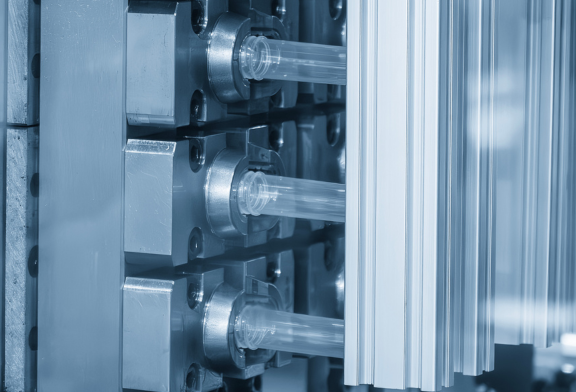
Multi-material molding is a technology that combines different types of resins into a single unit, also known as two-color or multi-color molding. By combining materials with different properties, products that combine strength, flexibility, and design can be realized. It is used for soft materials for grips and plastic products with multiple functions, and is employed in a wide range of fields such as home appliances, medical equipment, and automotive parts.
No information entry required!
Download >Please feel free to contact us for production consultation!
Contact >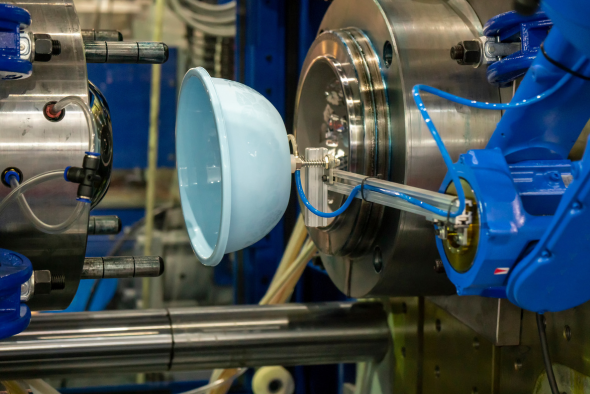
The system handles the entire injection molding process, from design to material preparation, injection, cooling, mold opening, and finishing. In addition, finished parts and product data are stored on the Taiga and can be re-purchased with a single click.
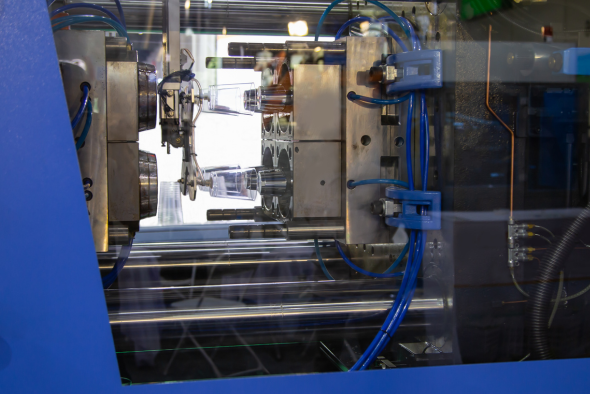
We consistently support high-precision and high-quality manufacturing processes by utilizing the latest equipment and the expertise of our engineers cultivated over many years.
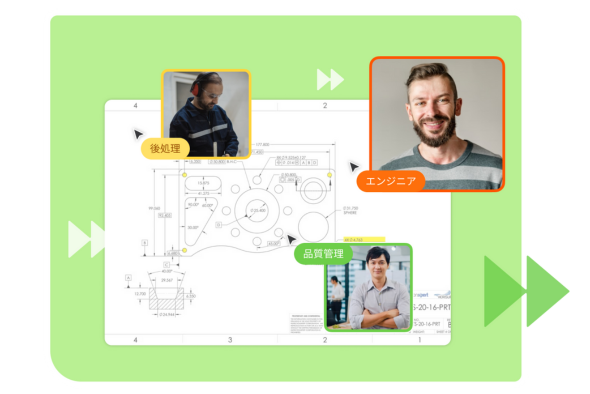
At Taiga, we offer a variety of services designed to achieve more efficient manufacturing.
First, we provide a "collaboration feature" that allows all project stakeholders to view and approve drawings and contracts in real-time.
Additionally, our platform enables easy communication through chat, and consolidates various files—such as 2D and 3D drawings, quotes, and project-related documents—into one central location.
These services help meet the diverse needs of our customers, streamline information sharing, and improve efficiency by reducing inspection time, returns, and rework.
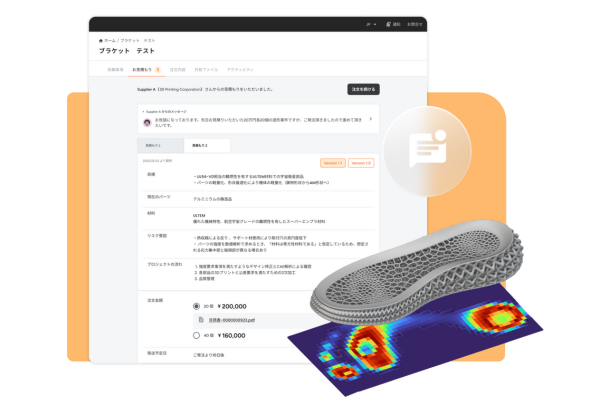
In addition to injection molding, we also support various manufacturing methods such as sheet metal processing, 3D printing, cutting, and CFRP processing. We propose multiple manufacturing methods best suited for your products, eliminating the need to search for subcontractors. We realize quick quotations and smooth parts manufacturing.
Sign Up
Contact us to request a registration form, and our team will help you get started.

Upload Your Design
Submit your drawings and project requirements through the platform.

Get Technical Proposals
Receive detailed proposals from multiple companies with advanced technical expertise.

Compare and Collaborate
Use Taiga’s built-in chat and drawing tools to review and discuss proposals with each company.

Place Your Order
Once you’ve chosen the best proposal, place your order directly through Taiga and start production.
No information entry required!
Download >Please feel free to contact us for production consultation!
Contact >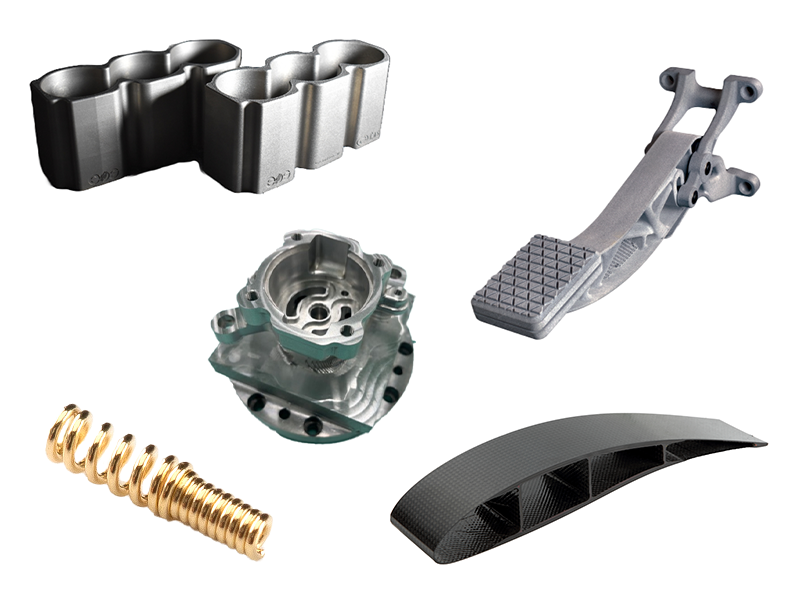
Taiga collaborates with companies that possess advanced processing technologies to deliver the most suitable technical proposals for your needs. Receiving proposals from multiple companies for a single project expands your options and allows you to compare different approaches. By evaluating construction methods, costs, and delivery times, you can choose the most efficient and balanced solution. All participating companies have a proven track record in manufacturing and have built trusted relationships with Taiga’s operator, 3D Printing Corporation, over many years. Our flexible system supports highly specialized technologies, helping to reduce the time and effort required for technical research and vendor selection.
You can view the details of each technology.
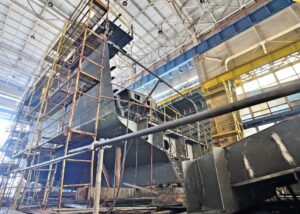
Procurement Barrier Looms in Shipbuilding Repairs In shipbuilding repair and refurbishment, procurement of a wide variety of small-volume components and large steel structures frequently [...]...

Alex (Interviewer): Mr. Suzuki, thank you for sitting d [...]
![Important] Notice of Change of Company Name](https://trytaiga.com/wp-content/uploads/2025/09/Important-notice-300x214.png)
Dear Sir or Madam, We hope that all is well with you at this time. We would like to take this opportunity to thank you for your continued support. We would like to take this opportunity to [...].
In addition to injection molding, Taiga supports all other manufacturing methods.
Our experienced engineers equipped with state-of-the-art technology will propose the best manufacturing method to meet your requirements.